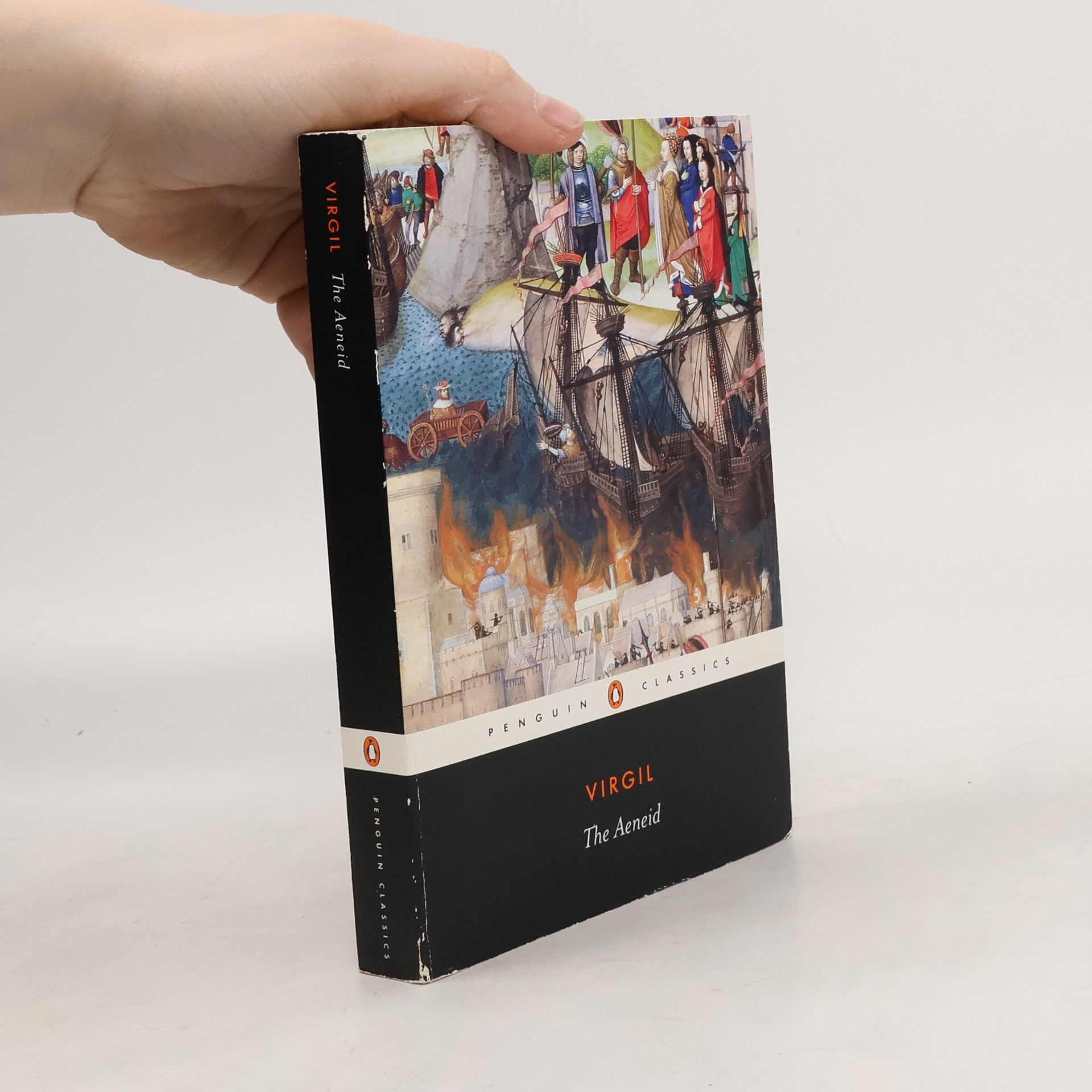Inspired by Homer and inspiration for Dante and Milton, the Aeneid is an immortal poem at the heart of Western life and culture. Virgil took Aeneas as his hero and in telling a story of dispossession and defeat, love and war, he portrayed human life in all its nobility and suffering. schovat popis
Virgil Schmid Libri
Virgilio si erge come uno dei più grandi poeti di Roma, le cui opere hanno profondamente plasmato la letteratura occidentale. La sua epopea nazionale, l'Eneide, ispirata a Omero, narra il viaggio del profugo troiano Enea mentre si sforza di compiere il suo destino e raggiungere le coste d'Italia, atto fondativo di Roma nella mitologia romana. Attraverso le sue magistrali Egloghe e Georgiche, Virgilio esplora temi duraturi come il destino, la patria e la condizione umana con un'arte linguistica e un'immaginazione evocativa ineguagliabili. L'influenza del suo verso e delle sue tecniche narrative echeggia attraverso i secoli, come dimostra il suo ruolo di guida nella Divina Commedia di Dante.


Spielend verkaufen
Wie Sie Ihre Kunden mit originellen Ideen begeistern
Supermärkte lösen mit Gratisfigürchen Sammelfieber aus, Restaurants engagieren »Weinengel«, Versicherungsunternehmen plakatieren witzige Sprachspiele. Ein Kaufhaus funktioniert sein Schaufenster zum Mini-Zoo um und wird zum Kundenmagnet. Ein Käsehersteller lädt seine Kunden zum Guinness-Rekordversuch ein. Sind denn alle verrückt geworden? – Nein, nur spielerischer! Immer mehr Unternehmen ziehen Konsequenzen aus der Erkenntnis, dass Verkaufen mehr ist als der Austausch von Waren gegen Geld. Kunden haben heute in fast allen Bereichen die Qual der Wahl. Im Zweifelsfall gehen Sie dahin, wo man ihnen das beste Gefühl vermittelt – und dabei sind Spiele unschlagbar! Spielend verkaufen entzündet ein Feuerwerk von Spielmöglichkeiten im Verkauf – bei Warenpräsentation, Service, Werbung, Website und Markenbildung. Verkaufsprofi Virgil Schmid zeigt, wie Verkäufer eingefahrene Gleise verlassen, Kunden durch ungewöhnliche Ideen begeistern und dadurch einfach mehr verkaufen!